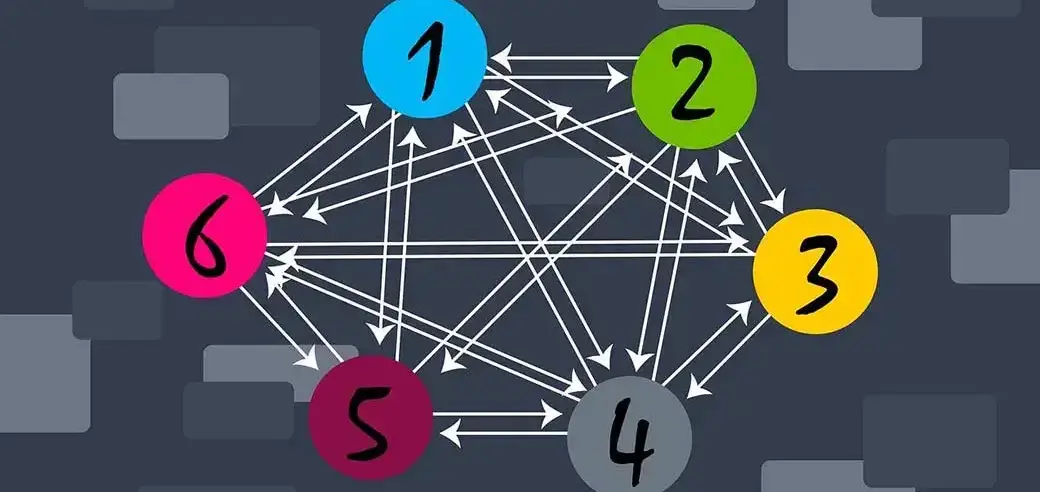
If you have ever considered hiring an SEO professional to Search Engine Optimize your website, you may have heard the term black hat SEO.
What Exactly is Black Hat SEO?
Black hat SEO is any SEO implementation that violates a search engine’s guidelines. Thus, companies that use black hat SEO techniques, are cheating in order to get a client’s website to rank ahead of its competitors. And no one likes cheaters, particularly Google.
What SEO Techniques Would be Considered Black Hat?
There are numerous techniques in SEO that would be considered black hat. Here are four commonly used black hat tactics.
Link Schemes

When backlinks (outbound links) are “purchased” or “sold” in order to manipulate organic search engine rankings, this would be considered “link spam” which is a violation of Google Search Essentials (formerly known as Webmaster Guidelines).
According to Google, link spam would include tactics such as:
- Buying or selling backlinks for money
- Buying or selling backlinks in exchange for goods or services
- Use of software or related services to automatically create backlinks
- Making a backlink, a contractual requirement of doing business.
- Excessive use of reciprocal links. Reciprocal links occur when two websites link to each other in order to give each other a backlink. Excessive reciprocal links, would result from having too many reciprocal links as determined by Google or other search engines.
- Paid backlinks that fail to use “no-follow” tags
Hidden Content

Hidden or invisible content occurs when there is text content that can be read by search engines but not visible to website visitors. This black hat technique is designed to place additional keywords within the source code of a web page, in an effort to trick search engines into ranking those pages higher in the organic Search Engines Results Pages (SERPs).
Keyword Stuffing

Keyword stuffing is the practice of incorporating an excessive number of keywords within a web page. The goal, is of course, to manipulate organic SERPs. An obvious indication of this black hat technique is when keywords are excessively repeated throughout web page content such that it is awkward to read and confusing to the website visitor. An example of this would read something like this:
“Our pink leather shoes are the best pink leather shoes made today for those looking for the finest pink leather shoes to buy online. When searching for pink leather shoes on the web, our pink leather shoes website makes it easy to buy pink leather shoes.”
Clearly, the excessive use of “pink leather shoes” would be an example of keyword stuffing.
Doorway Pages

Website pages (or websites) that are designed to rank for a particular keyword being searched, in order to get ranked in the SERPs are considered to be doorway pages. Since doorway pages are specifically created to rank in the SERPs, they often have many outbound links and contain low quality, spammy content, that is typically of no value or relevance to the website visitor.
An example of a doorway page would be a web page whose primary purpose is to rank in a city (keyword) for which that business does not have a brick-and-mortar presence.
What Happens If a Website is Caught Using Black Hat SEO?

Search engines will typically penalize a website that it suspects is using black hat SEO as a means of manipulating search results.
Google has two types of penalties, an algorithmic penalty and a manual action (penalty). An algorithmic penalty, as the name indicates, is a penalty implemented by the Google’s algorithm. A manual action penalty, is one where someone at Google (yes, a real person) has determined that your site violates the guidelines found in Google Search Essentials.
How to Recover from a Google Penalty?
Trying to recover from an algorithmic penalty or manual action requires some specific steps, each different from one another. Therefore, we recommend that you contact an SEO professional to assist you in resolving any Google or search engine penalties your website might experience.